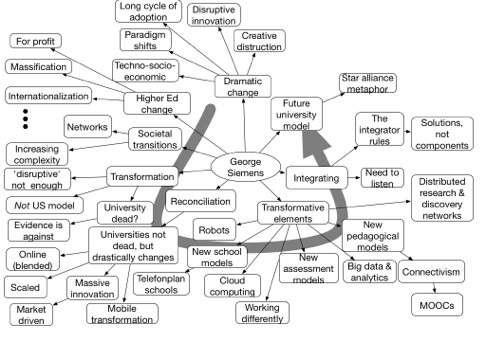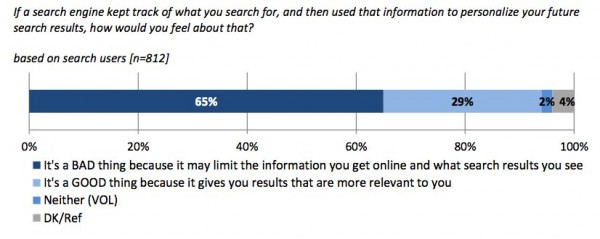In fact, as we look at tablet devices and their inevitable takeover as the personal computing devices of choice in education, there are three things that make them disruptive and game-changing.
- Tablet devices are first and foremost perspnal lifestyle devices. They are not work devices that we also use for perosnal activity. This means that tablets, as learning devices, will be sued more ubiquitously and can be integrated into broader learning contexts and deeper learning cycles. Tablets could help us realize our goal of individualized or personalized learning.
- Touch makes everything more intimate. Tablet devices are introducing a fundamental change int he way we access and input information. For the first time, students are able to access information without the use of an intermediary device such as a keyboard. This challenges our notions of information literacy and professional skills that we need to be teaching.
- Natural language inquiry will alter search and information retrieval. The new iPad doesn't have Siri yet but the next version will. And Android devices will have the Siri equivalent. Within 5 years, the majority of students entering our universities will be using natural speech inquiries as their primary mode of information retrieval using tablet devices.
As I mentioned, all of this is important because of the worldwide popularity of tablet devices and their rapid growth in the personal computing sector. iSuppli has released its latest numbers and iis projecting the shipment of 124 million tablets globally in 2012, "which is up 90 percent from 2011 when 65 million were shipped. Shipments are expected to reach 311 million by 2016."
Of course one of the big challenges for schools is the management of tablet and smart phone devices. In the K-12 sector, a growing number of institutions are moving to BYOD (bring your own device) strategies. Doug Johnson's has written before about his district's BYOD goals (and re-states them in this post), and suggests these questions as ones all school librarians should be asking themselves about BYOD.
- Do my library rules and policies help students take advantage of their mobile computing devices?
- Can students and staff get knowledgeable support from my library staff when they have technical problems?
- Am I selecting library resources with mobile computing devices in mind?
- In my role as instructional leader, am I using best practices that take advantage of a ubiquitous technology environment - and helping my teachers do so as well?
- Do I exemplify a learner who takes advantage of having continuous access to my PLN and to the world's information?
And speaking of the education landscape, Clark Quinn has posted this nice mindmap from George Siemens' presentation on the evolution of Higher Education zt the EDGEX conference.
Naturally, not all "personalization" is seen as positive. A recent Pew survey, for example, shows that many Americans are concernes about the collection of personal information by search engines in order to deliver personalized search results. In fact, 65% view it as a "bad" thing.
Finally, I see that the Khan Academy has released an iPad app. This looks to be a great addition to that service's offerings and I can't wait to review my favorite Art History videos while traveling.
Suggested Reading
Gadgets: To dominate in class, tablets will need to let us take notes - FT.com
Tablet Shipments Will Grow 90% In 2012: IHS iSuppli Report - eBookNewser
BYOD and the library - Home - Doug Johnson's Blue Skunk Blog
Learnlets » George Siemens #EDGEX2012 Mindmap
Pew Report: 65% View Personalized Search As Bad; 73% See It As Privacy Invasion
Sneak Peek: The New Khan Academy iPad App | Edudemic




No comments:
Post a Comment